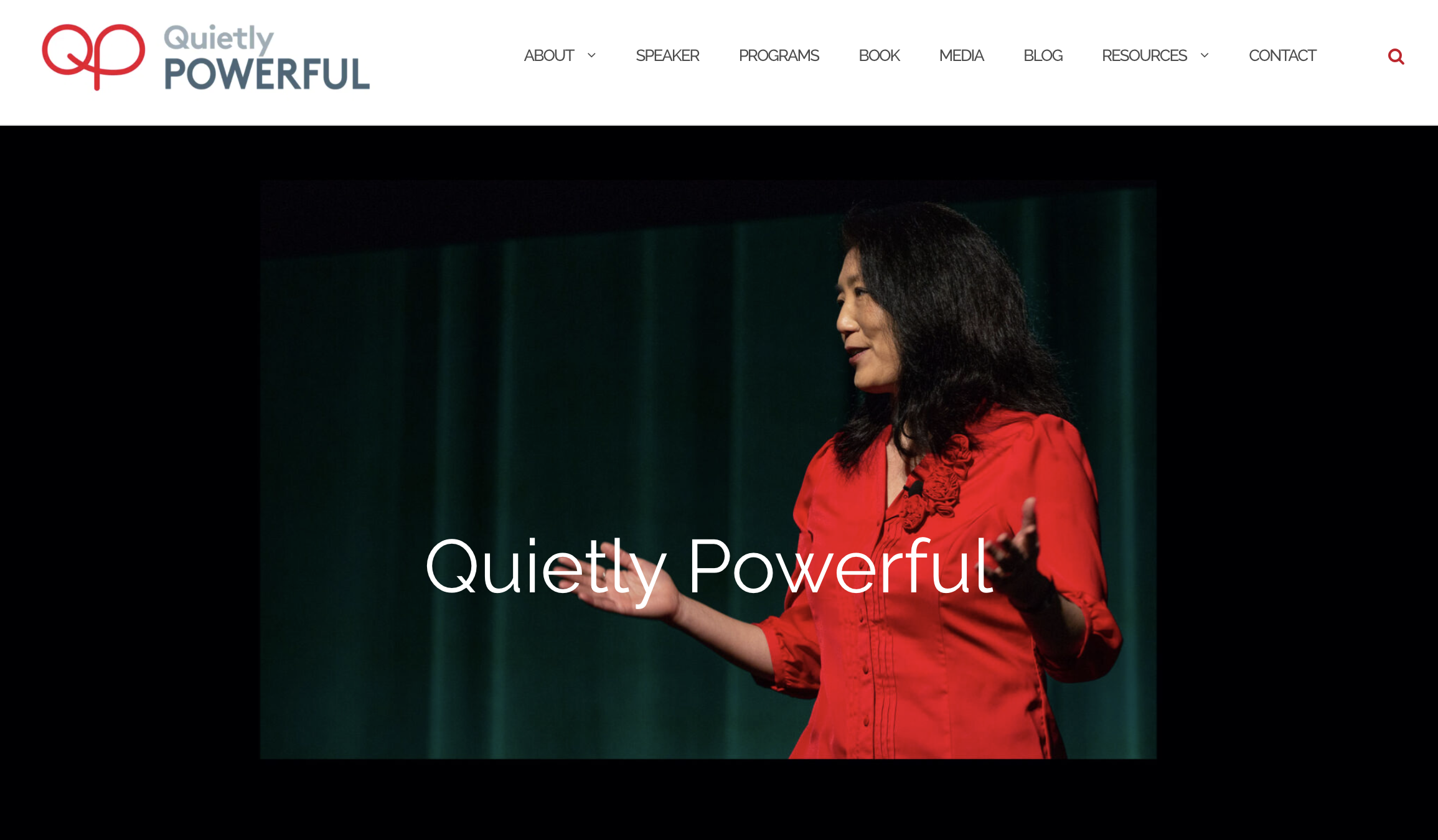My Blog
People may be afraid of you – and why you should care
- Details
- Posted: 15 June 2015
Some people in the workplace still use fear and threat to make people to do things. In the short term this may be fine and things do get done. Unfortunately, the fear based approach is unsustainable and unproductive. It kills performance over time. Fear in the workplace:
- Makes our IQ go down - as our thinking brain functions poorly when we're fearful.
- Holds us back – we play safe, become risk averse and passive, not take action and damages confidence (refer to “Confidence is misunderstood”).
- Causes us to play self-protective games – eg. blame others, make excuses and justifications, hide mistakes, not take accountability.
- Can make us unwell, mentally, emotionally and physically.
- Destroys trust and engagement – some will withdraw their efforts, others will rebel.
- Can drive action but only in the short term.
Most people (I hope) believe that using fear to get things done is not necessary or useful. In addition, most people don’t like to think of themselves as intimidating – myself included. I’ve discovered, though, that people can be intimidated by us and we don’t even realise. As a leader, if you want people to perform at their best, it's critical that we become more aware of our impact.
Just think about the last time the CEO or someone senior came into your meeting. Do people change how they stand, sit, look or talk? Do they realise the impact they have on people with 'less power'?
You may be surprised – some people may find YOU intimidating... So what makes us intimidating to others?
1. Status: Depending on the context, status can come from structural or social factors.
-
- Structural: hierarchical position, title, organisation you belong to or have worked for, education, letters behind your name, who you are associated with.
- Social: economic status, marital/family status, gender, race, sexual orientation, age, it is really about whether you belong to the mainstream or not.
2. Intellect: Depending on what is valued, it may be IQ, problem solving abilities, numerical abilities, learning agility, breadth or depth of knowledge (see “The Double Edged Sword of being Smart as a Leader”)
3. Presence: Depending on what is perceived as appealing, presence can be physical or psychological.
-
- Physical: height, gender, voice tone and volume, skin colour, look
- Psychological: confidence, calm, expressiveness, charisma…
Interestingly, the things that make us intimidating to some are also things that make us seem credible and powerful. Some are developed and others are genetic. It is quite a dilemma, we want to be seen as credible and powerful but we don’t want people to be intimidated.
The question then is this: How do we own our power while adapting ourselves so that people are not afraid? Who do you know that is able to do this well?


